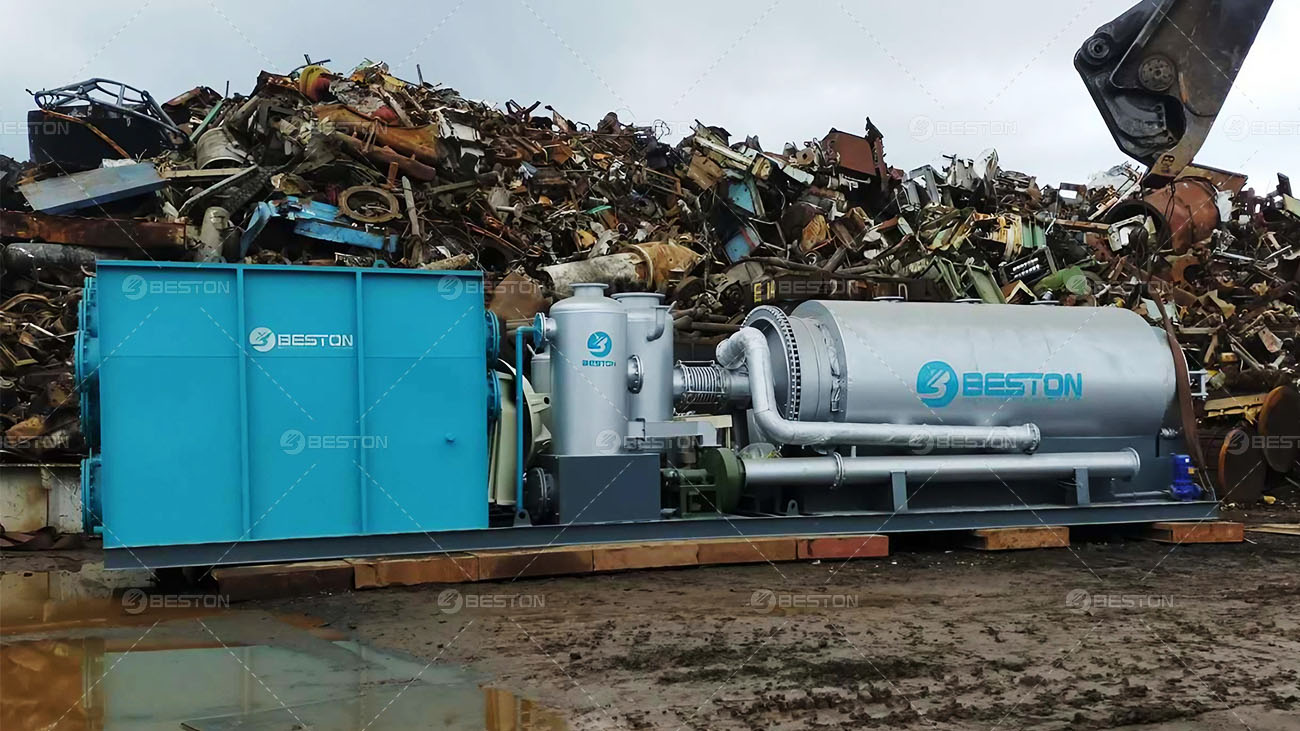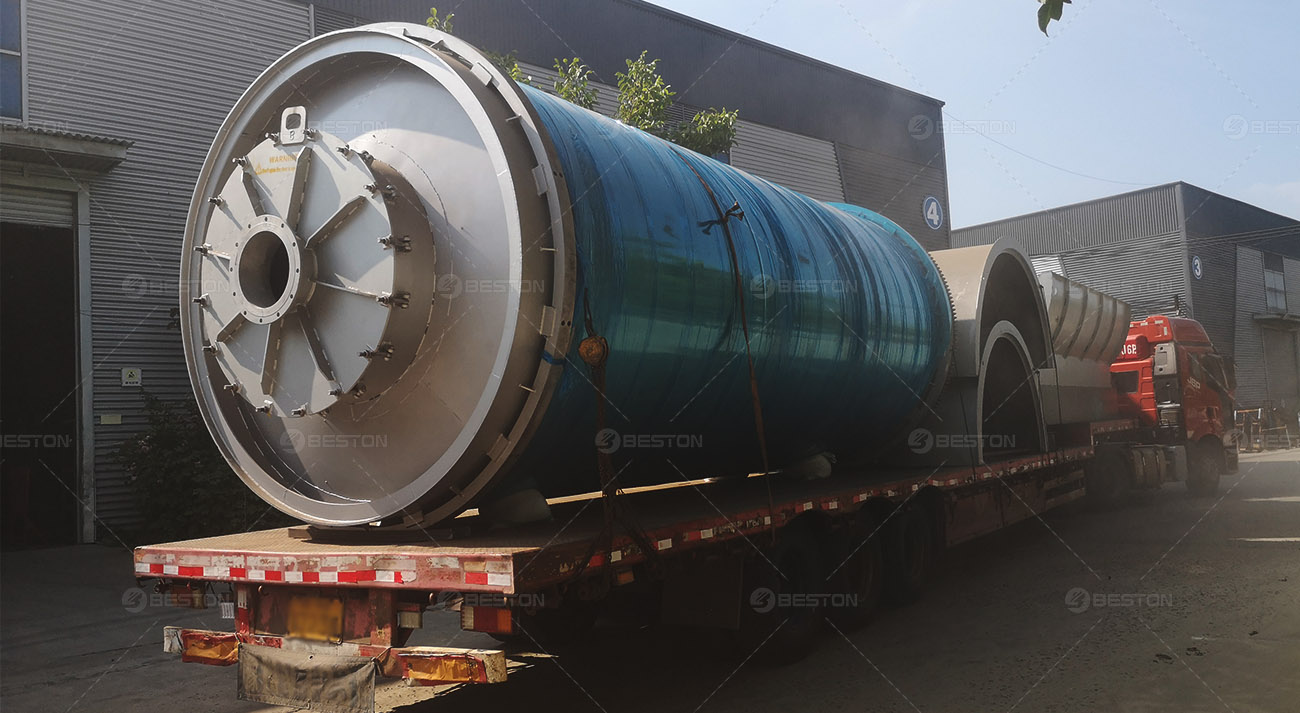Introduction
Scrap tires, ubiquitous and seemingly innocuous, have long posed a significant environmental challenge. As the tire manufacturing industry grapples with the escalating concerns surrounding the disposal of these discarded rubber giants, a notable transformation is underway. One innovative approach leading the charge in revolutionizing the industry is the adoption of pyrolysis technology.
Pyrolysis, a term resonating with scientific sophistication, involves the decomposition of organic materials at high temperatures without the presence of oxygen. This method has emerged as a beacon of sustainability in the tire disposal landscape.
Pyrolysis Technology Unveiled
In the annals of waste management, pyrolysis plant stands out as a beacon of technological prowess. This process, characterized by the thermochemical decomposition of materials, provides a transformative alternative to conventional tire disposal methods.
At its core, pyrolysis involves subjecting scrap tires to elevated temperatures in the absence of oxygen, resulting in the breakdown of complex hydrocarbons into valuable byproducts. This approach surpasses traditional disposal methods by yielding distinct advantages, including minimized environmental impact and the extraction of valuable resources from discarded tires.
The Tyre Manufacturer’s Initiative
Amidst growing environmental concerns, leading tire manufacturers are stepping up to the plate. A select few have embraced the challenge by integrating tire pyrolysis plant into their production processes. This strategic shift not only showcases a commitment to environmental stewardship but also underscores a broader industry trend toward sustainable practices.
For our focal tire manufacturer, this initiative is not a mere nod to environmental consciousness; it’s a fundamental restructuring of their operational ethos. By incorporating pyrolysis technology, they are not only addressing the issue of tire waste but also championing a paradigm shift towards responsible manufacturing.
Technological Innovations and Processes
Delving into the heart of this revolution, understanding the intricacies of the pyrolysis process becomes paramount. The manufacturer, at the vanguard of technological innovation, employs advanced techniques that optimize the decomposition of tires while minimizing energy consumption. Beston Group is a trustworthy manufacturer, you can get customized solution from: https://bestonasia.com/
The high-tech machinery meticulously orchestrates the pyrolysis dance, ensuring an efficient breakdown of tires into valuable byproducts. Technological innovations not only streamline the process but also enhance the overall efficacy of tire recycling, marking a significant leap forward in sustainable manufacturing practices.
Environmental and Economic Impacts
The ripple effects of this tire manufacturing metamorphosis extend beyond the factory walls. By adopting pyrolysis technology, the environmental footprint of the industry takes a commendable plunge. Carbon emissions and the environmental burden associated with tire disposal see a marked reduction, signaling a positive trajectory toward a greener tomorrow. The Beston continuous pyrolysis plant can achieve high-end exhaust gas treatment and meet EU emission standards.
Yet, it’s not merely an altruistic endeavor. The economic landscape also witnesses a positive upheaval. The manufacturer, aligning environmental responsibility with economic prudence, finds that sustainability and profitability need not be at odds. This dual impact resonates throughout the industry, promising a future where environmental consciousness and economic prosperity coexist.
Conclusion
In the tire manufacturing industry’s quest for sustainability, the integration of pyrolysis technology emerges as a beacon of promise. This transformative approach not only addresses the environmental predicament posed by scrap tires but also signifies a paradigm shift towards responsible and sustainable manufacturing. As the tire industry ushers in this era of change, the ripples of progress extend far beyond the factory floor, promising a future where innovation and responsibility ride hand in hand.